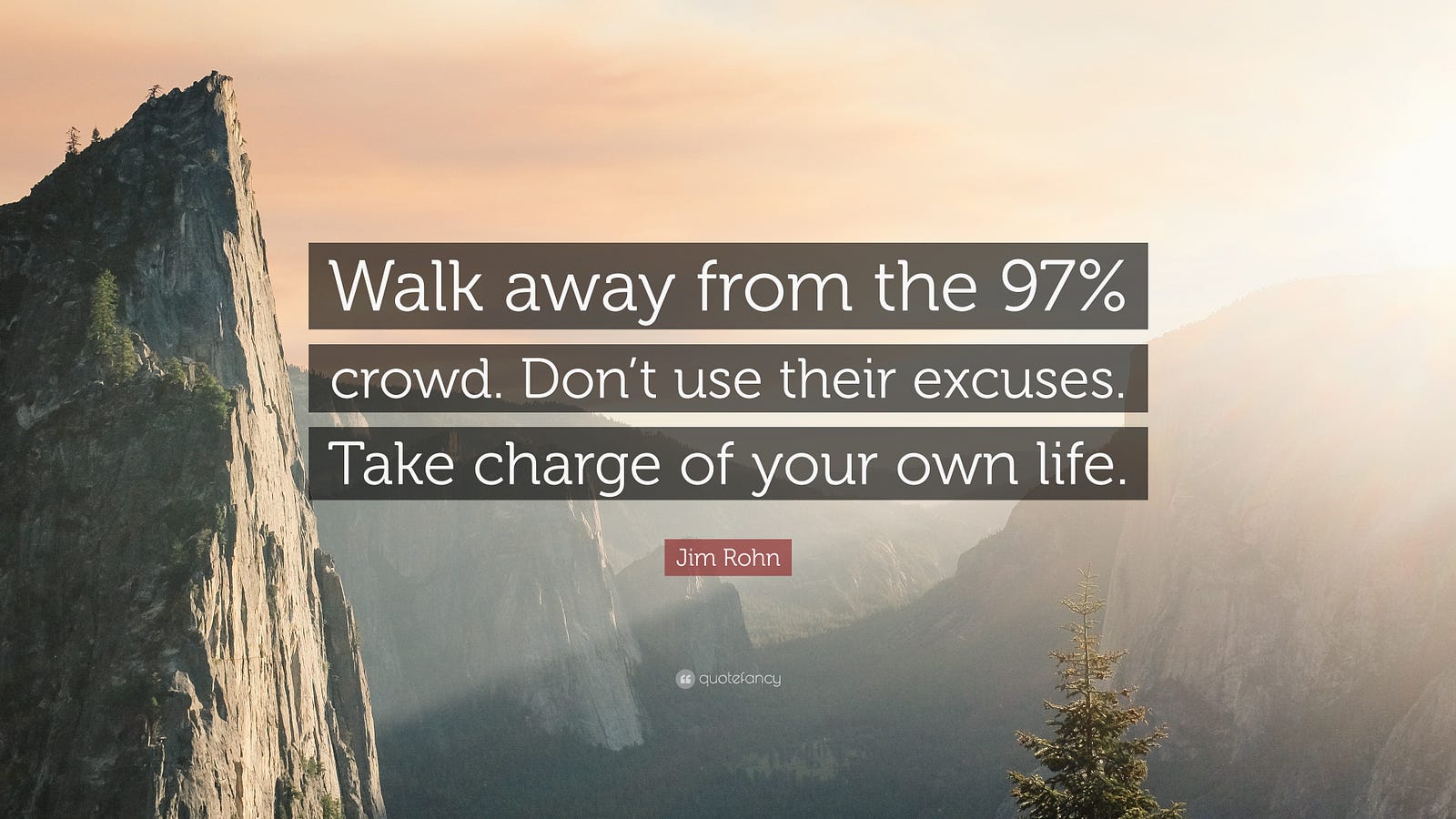Why I walked away from $100,000

Earlier this week, I decided to leave the London-based Pre-seed accelerator programme, Entrepreneur First (EF). I was a member of the 10th London cohort. EF is a startup accelerator backed by Reid Hoffman (founder of LinkedIn), Greylock Partners, Mosaic Ventures, Founders Fund and Lakestar. Their USP is that they invest pre-team and pre-idea (truly pre-seed in every sense).
I originally joined EF, because I bought into the opportunity presented that ‘EF is one the best place to find a co-founder and build a globally important company.’ It is important to note that I learned about startups and tech only 10 years ago when I was 20 and broke into a career in tech at 24. My friends, people I grew up with, my network had a similar story, so it was extremely hard finding technical people in my network that I had a history with. To compound that, I didn’t grow up with the privilege to take risks as I always felt I couldn’t afford to fail. EF provided me with an opportunity to take a calculated risk and meet a technical co-founder. This is what sparked my curiosity into EF.
I did indeed find a co-founder with great potential and I did have a platform to build a technical startup too. So what went wrong?
I don’t take for granted how much of a privileged opportunity it was to get onto a programme where over 5,000 people apply and only 100 are selected. Ultimately my decision to depart came down understanding what in the world matters most to me and what the difference is that I would like to make in the world (You can read more about my viewpoint here).

QuoteFancy
The reasons I left are based on the following insights (self-learning I gained from being at EF):
- Joining a programme to start a company pre-idea without having an initial problem to solve is not organic for me. I need to solve a problem that:
a) I am experiencing personally.
b) Or a problem a community I am a part of is facing (at work, my family, diverse groups I am a part of like YSYS). - I learned that I am a problem solver that uses the above mental model and cannot create ideas out of thin air as a first step, I need to follow the above steps which sadly did not fit in with the EF timelines.
- I want to solve problems going forward that are:
a) Personal: Solves a problem my community or I experience so that I can answer the question: “who is this a problem for?”
b) Viable: Can it make money?
c) Feasible: Can it be done?
d) Desirable: Does anyone want it?
e) Big & Frequent: a lot of people suffer from this problem frequently
I came to the conclusion that I need to start contracting and focus on solving problems I care about most. For me, that is about creating more pathways for working class founders (LGBT, women, people of color especially) to succeed and build sustainable businesses.
My co-founder and I both feel we touched on so many good ideas which were viable businesses but somehow the EF process made us over analytical and as a consequence we were trying to force ideas into a venture backable businesses (biased towards what EF invest in i.e. is it B2B or DeepTech) and also triggering impostor syndrome.
As part of my journey now, I don’t actually need to build a globally important business but rather I want to enable others to grow within the niche I care about most, working-class founders. Eventually, I would love to help this same audience become angel investors too. I accept and recognize this now.
This is a summary of what I learned about myself and I look forward to doing more mission-aligned work going forward and making decisions based on my core values, opinions, and principles. I would like to thank EF for the experience, the opportunity and for becoming a part of a great community and network now and for the future.
To anyone considering joining EF, I am happy to share more on my experience but also encourage you to contact others who have been through EF so you can form a well-rounded opinion based on numerous data points.
“A risk may only last for a moment, but regret may last a lifetime.”



